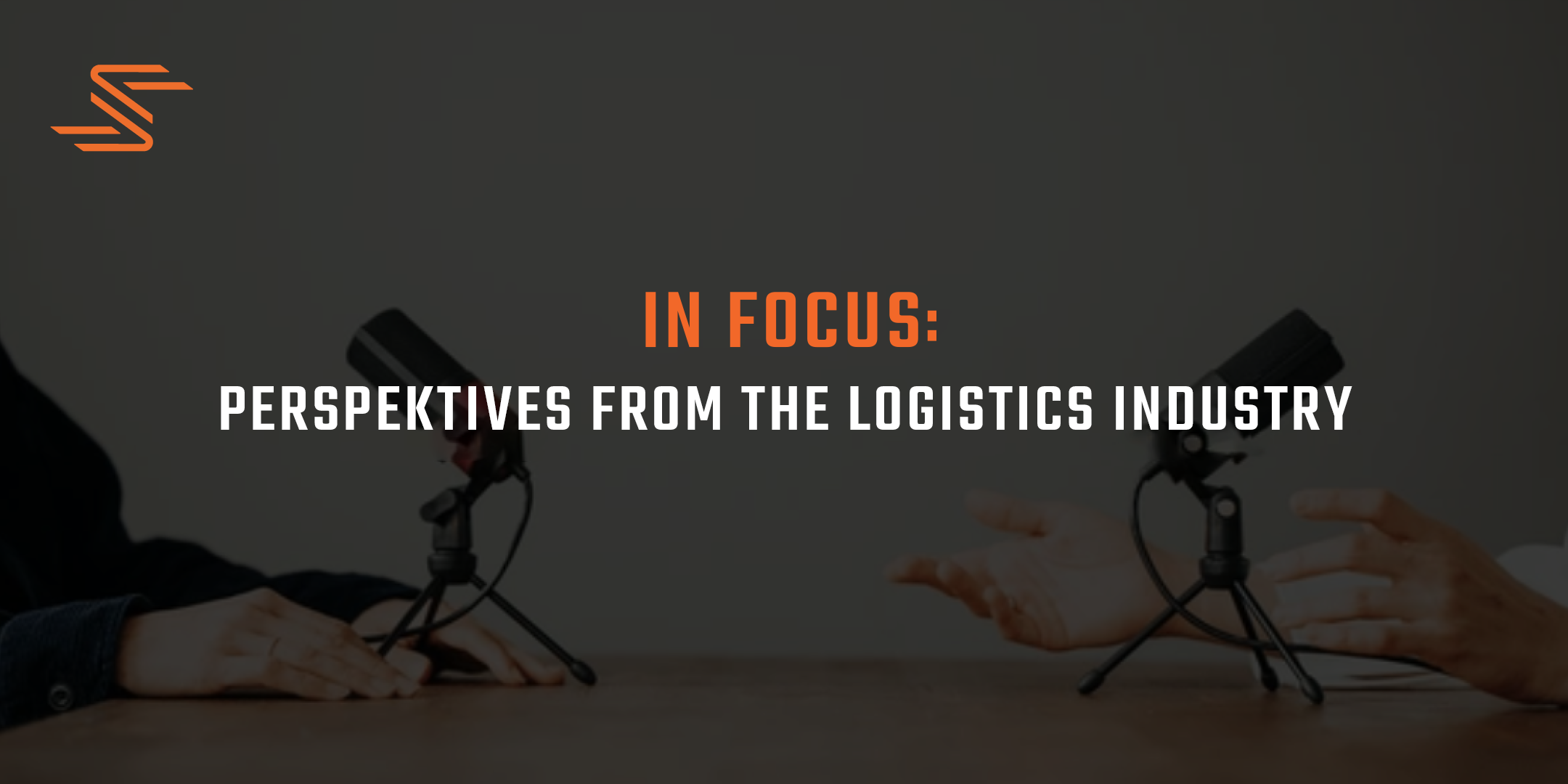Challenges and Opportunities of Digital Transformation in Logistics
How can the logistics industry remain competitive in a rapidly changing digital world? Prof. Dr. Thomas Krupp, an expert in transport and logistics at the TH Köln (Cologne University of Applied Sciences), shares valuable insights in this interview—exploring current trends, challenges, and practical solutions for freight forwarding companies. From the impact of emerging technologies to hands-on approaches to digital transformation.
Prof. Krupp, can you briefly walk us through your professional background?
THOMAS KRUPP: After studying business administration in Nuremberg and Seville, I earned my doctorate at the Chair of Logistics at the University of Erlangen-Nuremberg, focusing on benchmarking in contract logistics. Today, I’m a professor of transport and logistics at TH Köln’s Faculty of Business Studies, where I’ve been leading the master’s program in Supply Chain and Operations Management since 2016. Previously, I was a professor of logistics management at the European University of Applied Sciences in Brühl, where I also served as Dean of the Department of Logistics Management.
Professionally, I’ve gained experience in consulting and applied research, including at Horváth & Partners in the Competence Center Transportation, as well as at the former Fraunhofer ATL in Nuremberg. My research focuses on transport and mobility, strategic process management, information and communication technology, and industry-specific logistics—with a particular emphasis on chemical logistics.
In your research, you emphasize the importance of IT solutions in logistics. What technological developments do you see as especially relevant for freight forwarding companies to stay competitive?
THOMAS KRUPP: Technological development is advancing at an incredible pace. The increasing availability of storage, computing power, and improved connectivity between companies creates excellent conditions for deploying new technologies like artificial intelligence (AI). However, the key is to actually take advantage of these opportunities to stay competitive and avoid falling behind.
Technological connectivity is a real game-changer. A good example is freight platforms—they’ve not only shaken up the industry but also caused some stress. They challenge freight forwarders to rethink their expertise and address problems in innovative ways—beyond traditional approaches and especially through targeted digital networking.
Overall, IT integration within supply chains will continue to increase, reducing the number of digital “black boxes” in logistics. Companies that integrate with platforms—whether for truck parking or other operational processes—gain a clear competitive edge. Take digital truck parking, for example: cross-company integration creates a seamless data foundation that can be used to calculate more accurate estimated time of arrival (ETA). Internally, this reduces unnecessary searching and lowers stress for drivers.
What barriers do you see to implementing modern IT solutions in freight forwarding companies, and how can they be overcome?
THOMAS KRUPP: There are several challenges. Often, IT solutions are too vague for freight forwarders and overloaded with buzzwords. This can be discouraging, especially given past examples of failed large-scale software projects. Many companies respond with caution and unfortunately take the approach: “Better to do nothing than to fail.”
Another factor is the limited financial and personnel capacity of many logistics providers. That said, it’s a misconception that freight forwarders are anti-innovation. More often, what’s missing is targeted support in implementing software projects.
Collaboration plays a key role here—both with software and technology providers and within the logistics industry itself. Working together helps companies make informed decisions and drive innovation forward.
Additionally, low-risk approaches like free software trials or the use of “low-hanging fruit”—technologies that are easy to implement and already proven—can offer a fast and effective starting point. These accessible solutions help build trust and hands-on experience within teams through early project success.
Another crucial point is active change management. Companies must reduce fears of job loss and involve all employees in the digital journey. Clear communication and a structured plan help overcome resistance and inspire people to shape the digital future. With a bold approach to digitalization, companies can tackle challenges like the skilled labor shortage—especially in experienced dispatcher roles. Innovative software solutions can eliminate time-consuming routine tasks, allowing dispatchers to focus on complex cases—a major step in combating the talent gap.
Looking ahead at trends and developments in the logistics industry: what are your expectations for the coming year?
THOMAS KRUPP: The logistics sector will continue to face economic pressure, such as tight margins. Technological change won’t slow down either, increasing the pressure to adapt. But I also see this as an opportunity:

“Innovation often happens precisely when we’re forced to tighten our belts. […] My message to the industry is this: Don’t wait—take action. Every company has options to make digital transformation a success—whether through partnerships, low-threshold solutions, or the courage to try new approaches. Stay in motion!”
Prof. Dr. Thomas Krupp
Professor of Transport and Logistics at TH Köln
